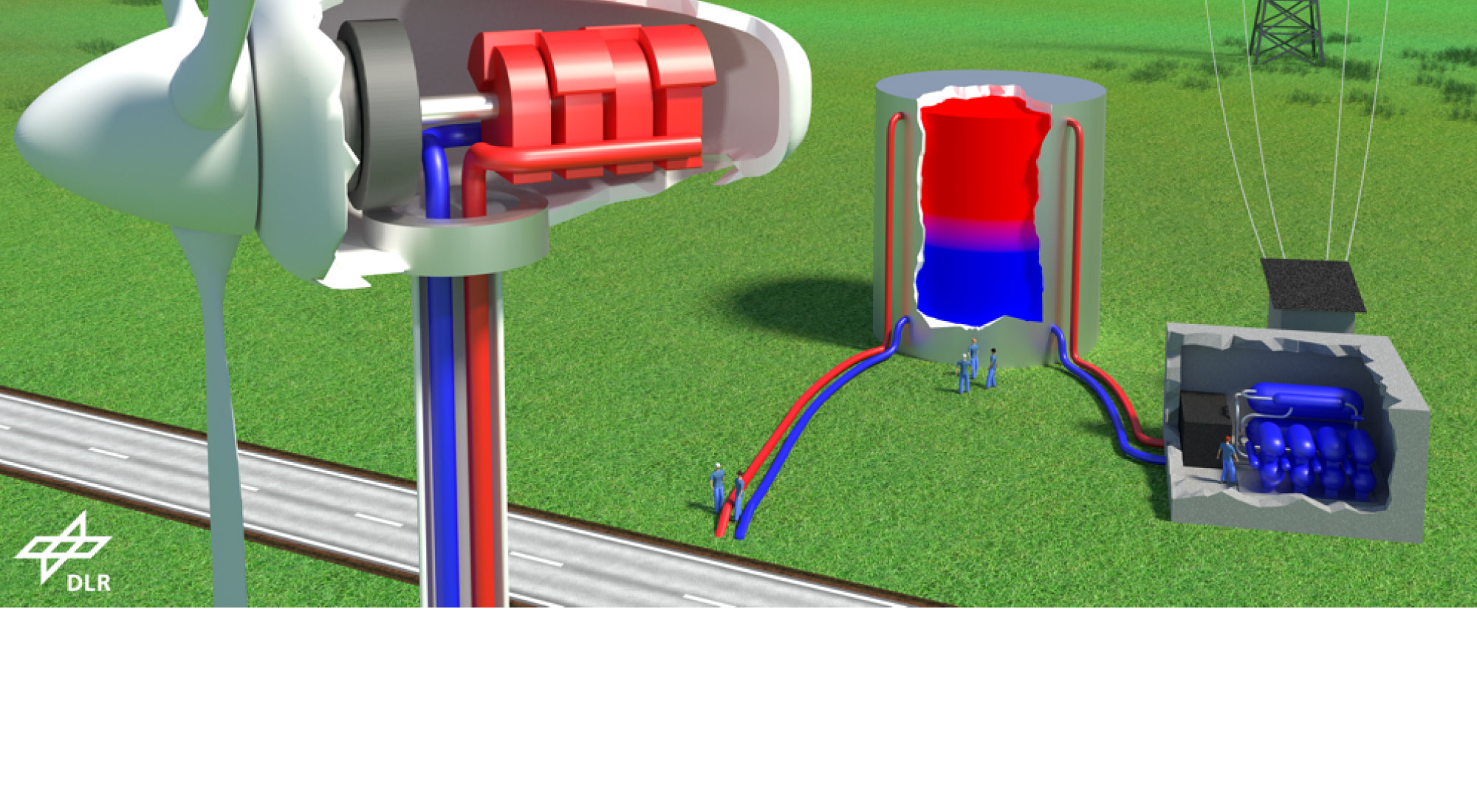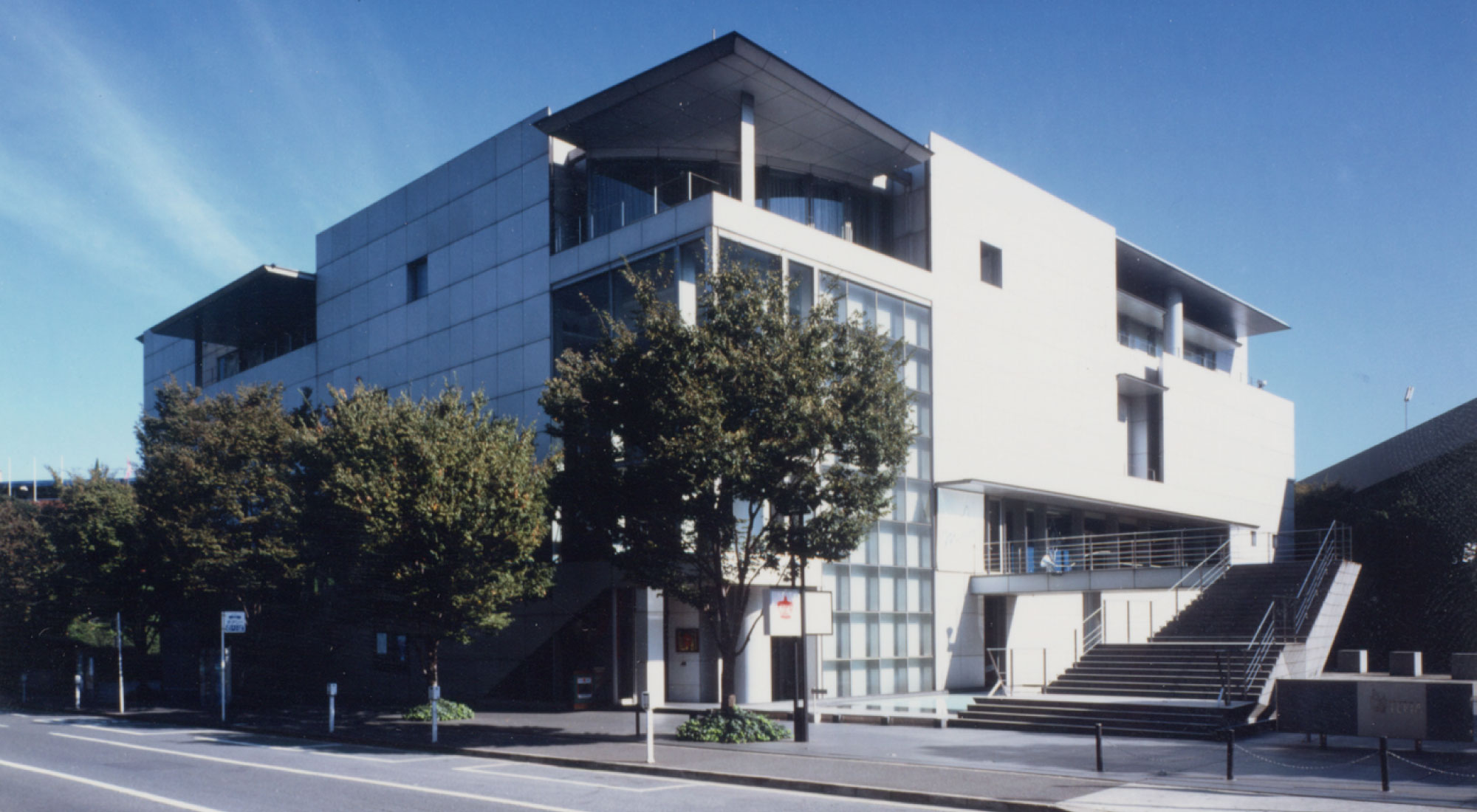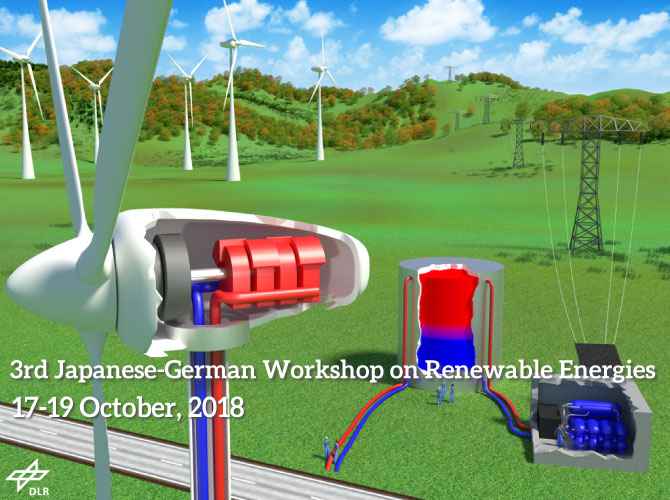Part I – Energy Systems Analysis, 17-18 Oct. 2018
This workshop is devoted to the analysis of energy systems and energy scenarios on the regional, national and international scale as well as on the impact of the conclusions on the energy policy of Japan, Germany and more broadly, on Asia and Europe. Topics include but are not limited to the (1) assessment of renewable energy technology potentials, (2) energy storage and load balancing technologies, (3) development of energy supply scenarios, (4) modelling of the energy system, (5) application of energy system models, (6) renewable energy economics, market integration and market design, (7) future research questions of energy system analysis. Particular emphasis will be placed on the evaluation of methods for ensuring and enhancing the robustness and quality of model-based energy systems analysis and scenario development. Another focus of the workshop will be on the refinancing of investments into renewable energy technologies as well as on demand oriented feed-in and market integration of intermittent power sources.
Part II – Advanced Energy Technologies, 18-19 Oct. 2018
This workshop discusses the contribution of advanced energy technologies to the balancing of renewable energy fluctuations. Topics include but are not limited to (1) thermal energy storage technologies, (2) fuel cell technologies, (3) battery technologies, and (4) synthetic liquid fuels produced from renewable electricity. The workshop will address recent advancements in the development of thermal energy storage station (TES-S), which is an old but new concept to install considerable amount of renewable energies into power grid. TES-S consists of electricity- heat converter, TES and heat-electricity converter. Total energy cost becomes economy since TES is cost effective system. Five-year TES-S prototype construction program is just begun, which is supported by Japanese ministry of environment (MOE).




